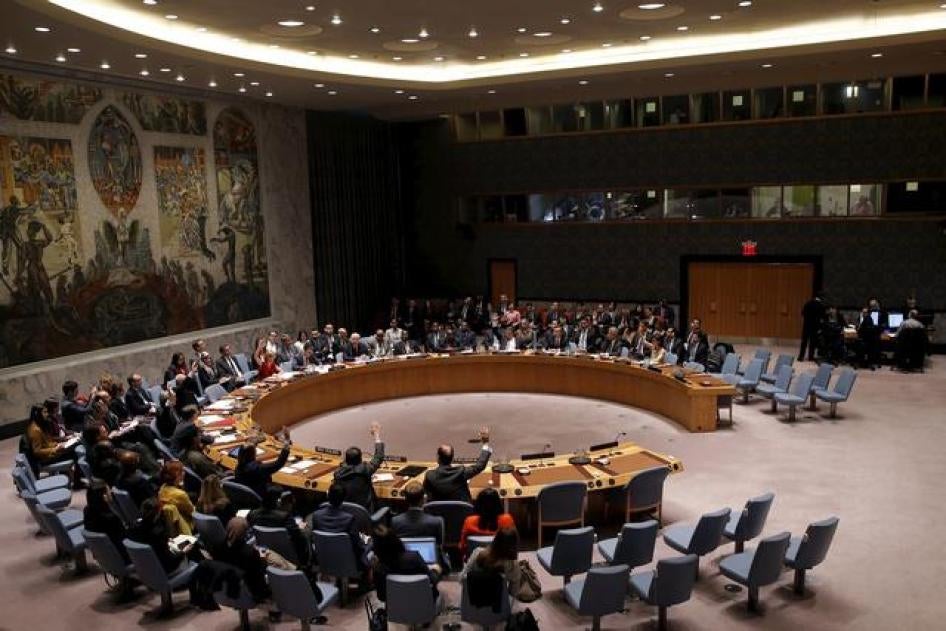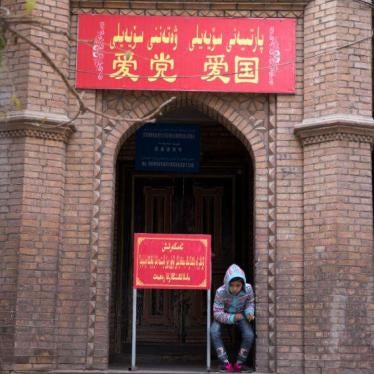“Inconsistent with China’s national conditions, contradictory with Chinese laws, politically biased or untruthful.” In this manner China rejected dozens of recommendations from other governments during its Universal Periodic Review at the United Nations Human Rights Council in Geneva.
This process, which reviews all UN member states’ rights records every five years, will culminate for China on March 15, when the government explains which recommendations it will—and won’t—accept.
After forcibly disappearing its former vice minister of police, Meng Hongwei, during his tenure as head of Interpol in 2018, China rejected outright requests from other governments during its review to join an international treaty on disappearances, saying “further observation is needed.” It similarly brushed aside dozens of calls to ratify the International Covenant on Civil and Political Rights, which it signed in 1998, claiming that after two decades that “relevant conditions in China” might not be “in place.”
China claims to have accepted or is already implementing 284 of the 346 recommendations made by states. It asserts it is combating torture in detention, respecting the rights of detainees, protecting religious freedom for ethnic minorities, upholding citizens’ freedom of speech, including that of human rights defenders, and cooperating with UN human rights mechanisms. In each case, recent Human Rights Watch research clearly shows otherwise.
China pushed back hardest against more than a dozen recommendations calling for urgent access by independent or UN observers to Xinjiang—the northwest region where roughly a million Uyghurs and other Turkic Muslims are being arbitrarily detained for “political education.” It sought to dismiss the concerns raised with its long-discredited mantra: “China firmly opposes interference in its sovereignty and internal affairs under any pretext.”
Member states should understand that chilling statement with clarity: it’s a rejection of the Human Rights Council’s mandate, a confirmation of China’s bad faith in participating in such reviews, and, most urgently, an indication that Beijing will continue committing mass human rights violations in Xinjiang. It’s not too late for those governments to speak this week with a common voice on behalf of people under grave threat—the question is whether they will do so.








